Lucy Beech: Warm Decembers
Exhibition
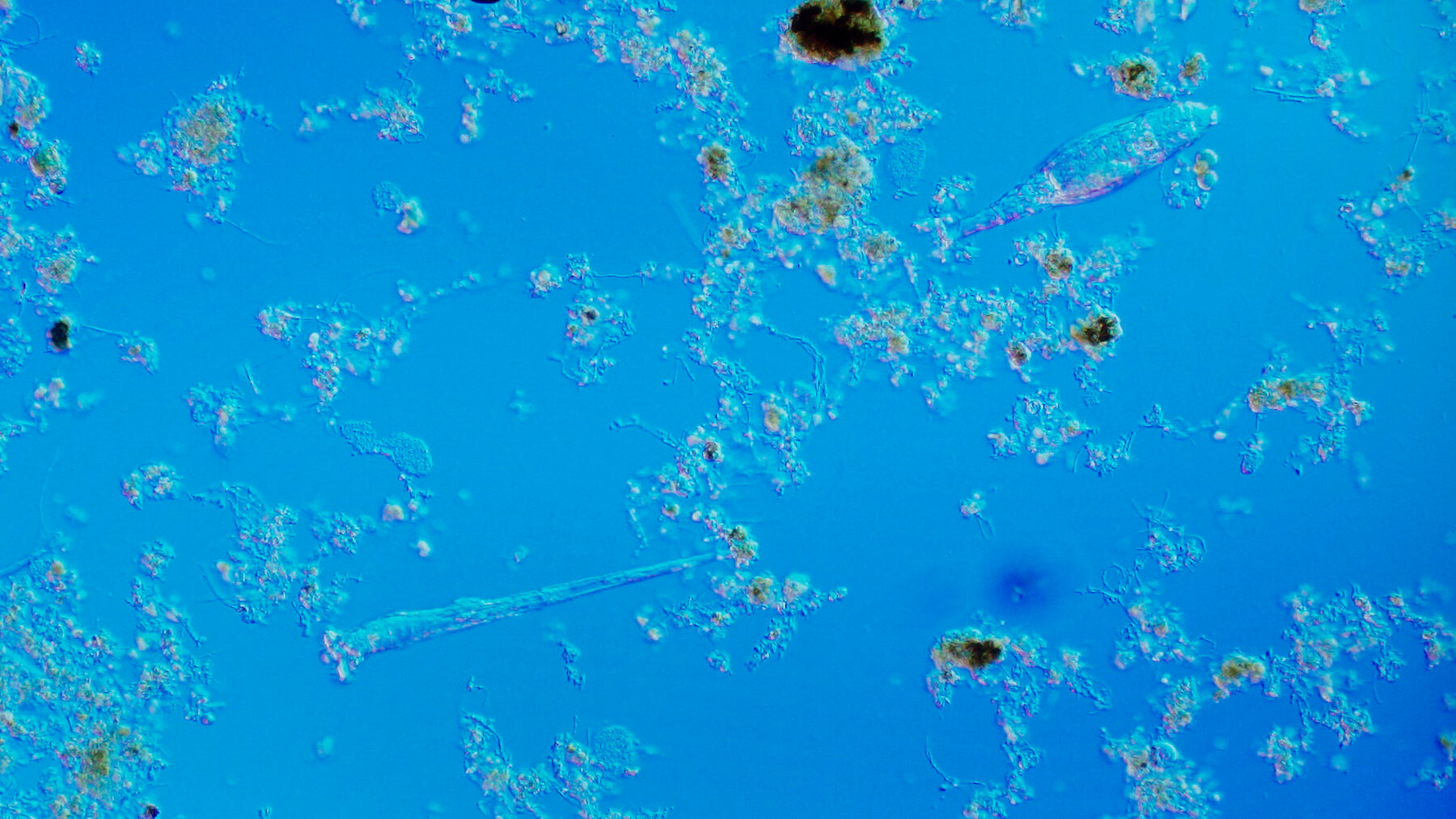
Lucy Beech, Warm Decembers, 2022, film still.
“It was nine years Sedgwick left
Beatrix in the bath, nine years
before she seemed able to write
poetry of any kind.
Running up against ‘unyielding
brick walls’, what she called (euphemistically)
a standstill.
Her notes describe what was supposed to happen if this writerly crisis hadn’t intervened.”
Notes on the Warm Decembers, (1978 – 1987) Eve Kosofsky Sedgwick
Warm Decembers by artist filmmaker Lucy Beech, is part of a series of works that explore relationships between waste, creativity and transformation. The film reimagines a poetic verse novel written by Eve Kosofsky Sedgwick (1950 – 2009), which took nine years to complete, and was described as recording a “crisis in writing”. Borrowing and experimenting with the poem’s discordant flows the film is a constant interplay between language, music and imagery, where representations of boundaries between states of being are constantly collapsing. Sedgwick described the poem as a gathering of thresholds: “between a person alive and dead; a person and a photograph; a present and a past; a child and adult; people with the same name; a happening and the dream of it; a writer and a character; an I and a she or a he”. This conjuring of transgressive states in the poem creates an experimental space to reflect on psychoanalytic ideas, about infantile experience and inner and outer worlds. At the end of the poem Sedgwick originally included her notes, which she was unable to integrate, but unwilling to dispose of. By publishing her discarded fragments Sedgwick preserves her poetical remains as waste; serving up the leftovers of the poem’s construction and advertising the revisions and erasures that have made it. Taking these notes as an invitation for artistic interpretation the film explores the ways in which bodies, identities and creative works survive their own destruction.
Warm Decembers centers around one of the poem’s side characters Beatrix, who is transformed into the film’s protagonist. Orphaned as a child and now transitioning into adulthood, she works to negotiate the influence of her absent parents and her own sense of subjecthood. Shot in a doll-house-like set, her room is a passage between inside and outside where her grief manifests as a debilitating bladder condition which causes her to experience hallucinations. Although not physiologically identical with what Sedgwick called ‘anality’, Beatrixs trouble with urination is an issue that stems from the ‘anal stage’ of her psychosexual development. The prohibitions and taboos surrounding defecation and urination are a reminder that the forces governing Beatrix’s decisions are external, social and cultural. Throughout the film she negotiates her desires, as well as what the outer world wants for (or from) her, which, she experiences as a deep and almost unresolvable conflict. In contrast Beatrix’s creativity is linked to her control and capacity to release something of herself into the world on her own terms. Creativity and digestion are synonymous for Beatrix’s and Sedwick takes her artistic output seriously.
The film was scripted through an exchange of ideas with writer Cassie Westwood, author of The Abject Animal Poetics of The Warm Decembers originally published in Bathroom Songs (2017) by Punctum Books. Westwood features in the work performing part of her recent text The Use of The Poem in Transition (2022), which starts from a series of questions “What do I want to keep of the prior me? What will be staying with me, whether I like it or not?“ She describes how Sedgwick’s diverse attitude to waste materials has helped her make sense of her own false starts and necessary revisions; as she works to integrate memories, desires, or identifications that she was led to believe were incompatible – or unacceptable – with the identity she was assigned at birth.
Warm Decembers was produced with the help of KUNSTVEREIN GARTENHAUS; Edith-Russ-Haus für Medienkunst and Max Planck Institute for the History of Science.
Beech is the founder of the Working With Waste research group which explores attitudes to waste as a way of thinking about knowledge production and society and was developed during their time as an artist fellow at the Max Planck Institute for the History of Science, Berlin, where their interest in processes that extend the life of material resources began through the study of bodily waste such as urine as a resource material for biomedical fertility drugs.
- Lucy Beech
Lucy Beech (b.UK, lives and works in Berlin, DE) is an artist filmmaker whose practice revolves around collaboration and encompasses roles such as directing, editing, choreography, research and writing. Forthcoming/recent exhibitions of their work include Kunstinstitute Melly NL, Edith-Ruß-Haus für Medienkunst, Oldenburg, Harburger Bahnhof, Kunsthalle, Mainz DE, Tramway Glasgow, De La warr Pavilion and The Liverpool Biennial UK. With their collaborator Edward Thomasson they have presented work at Tate Britain UK, South London Gallery, Maureen Paley London UK, The Barbican Theatre UK, The Camden Arts Center UK. Beech is currently guest professor at The Film University Babelsberg Konrad Wolf and recently completed a fellowship at the Max Planck Institute for the History of Science.
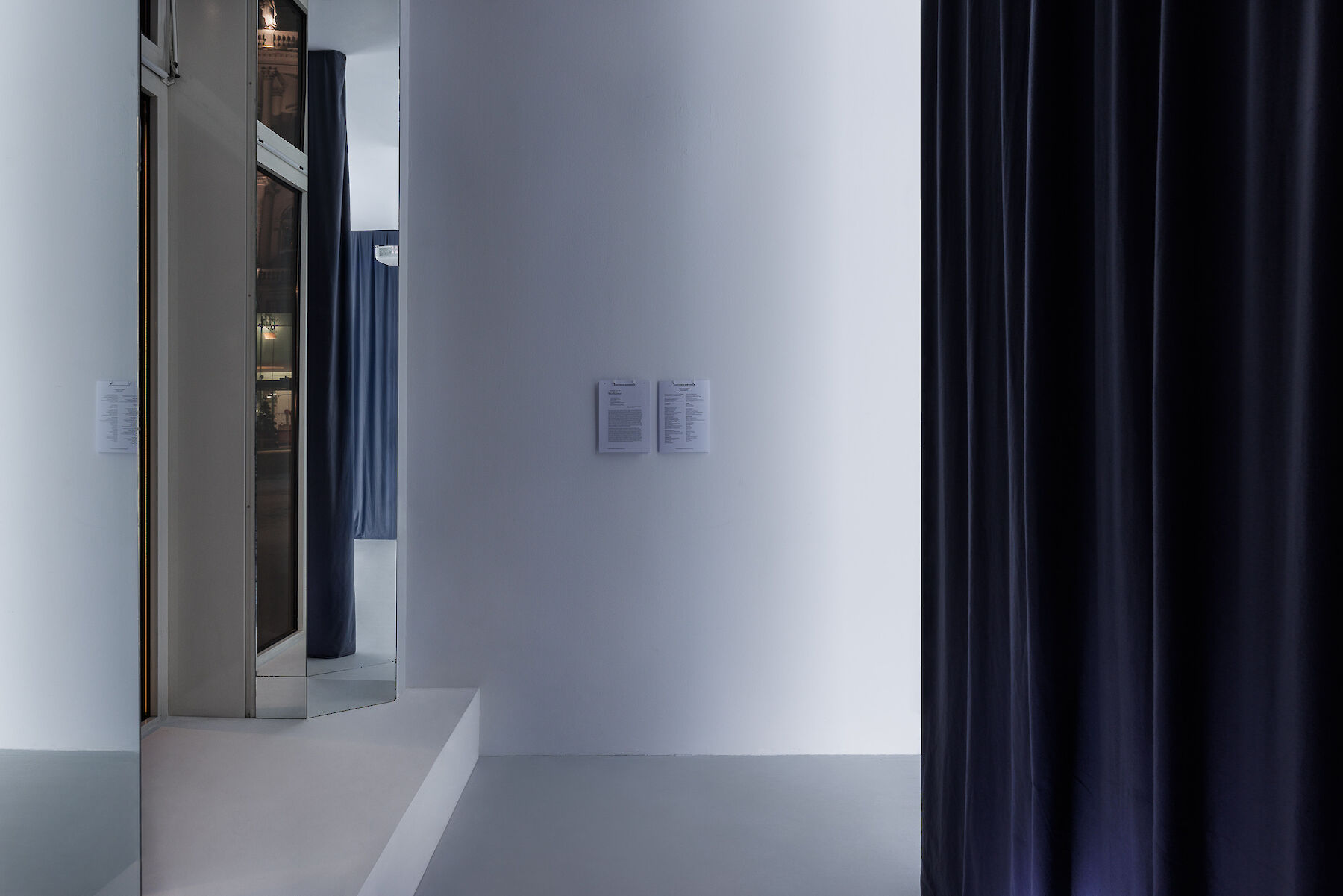
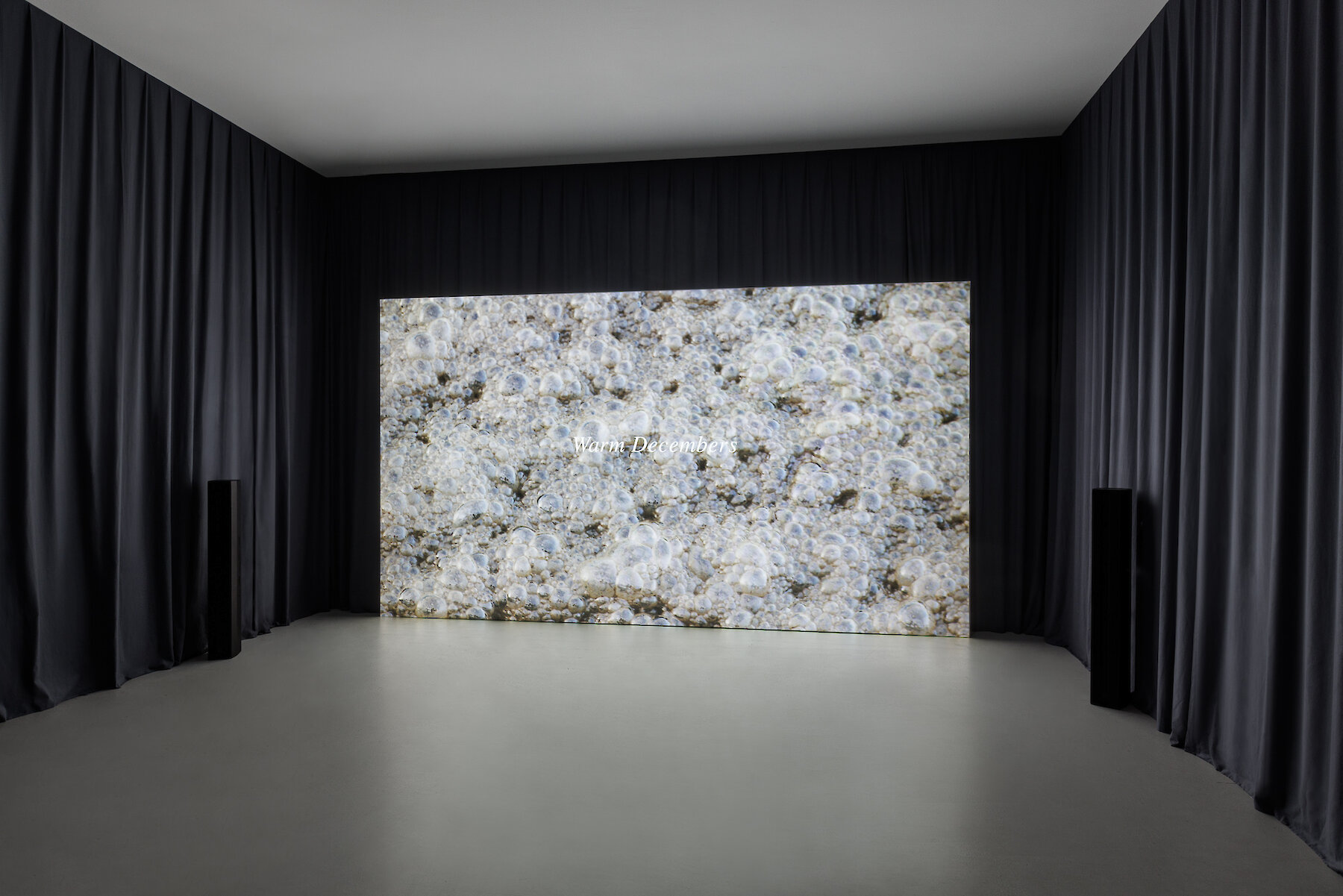
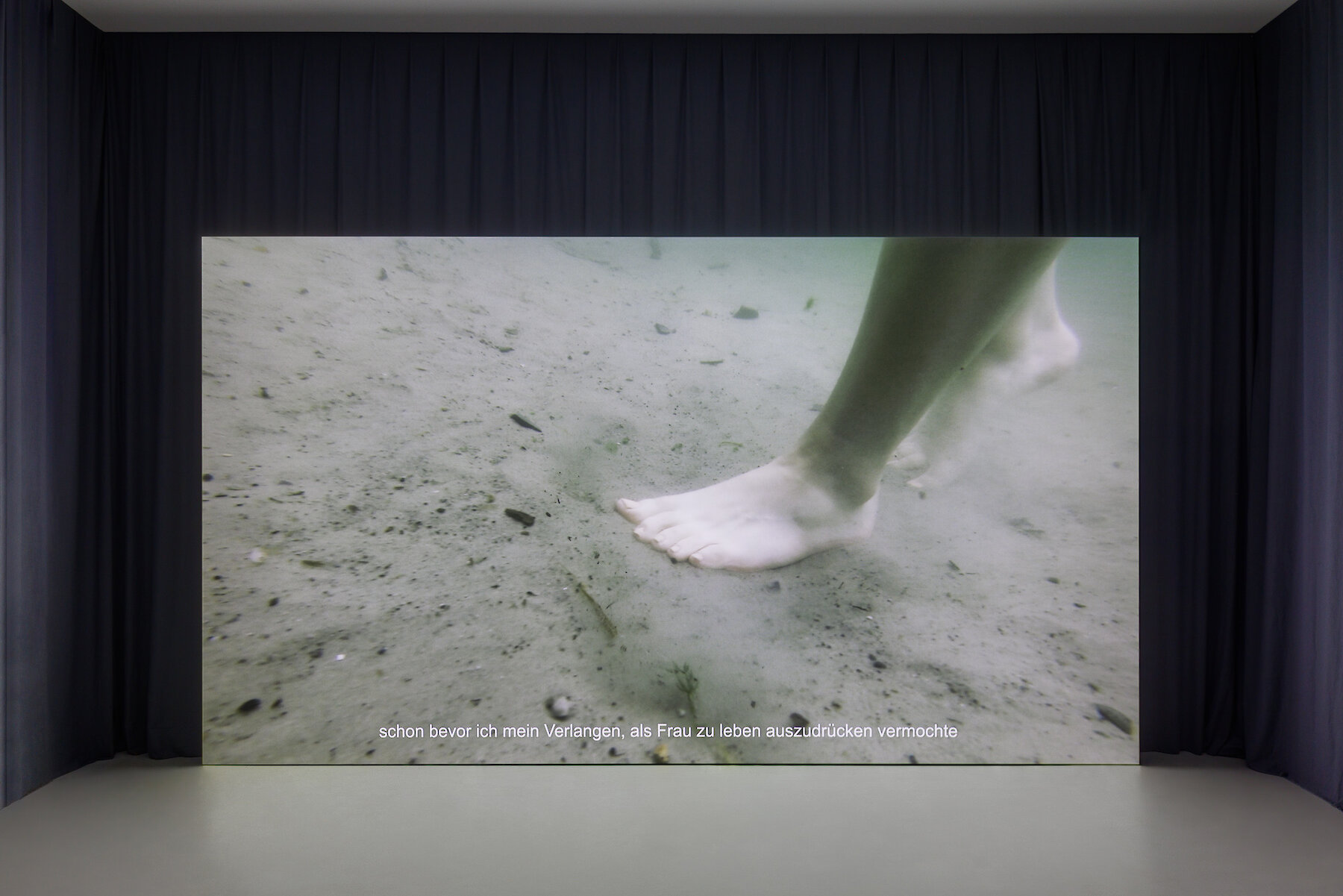
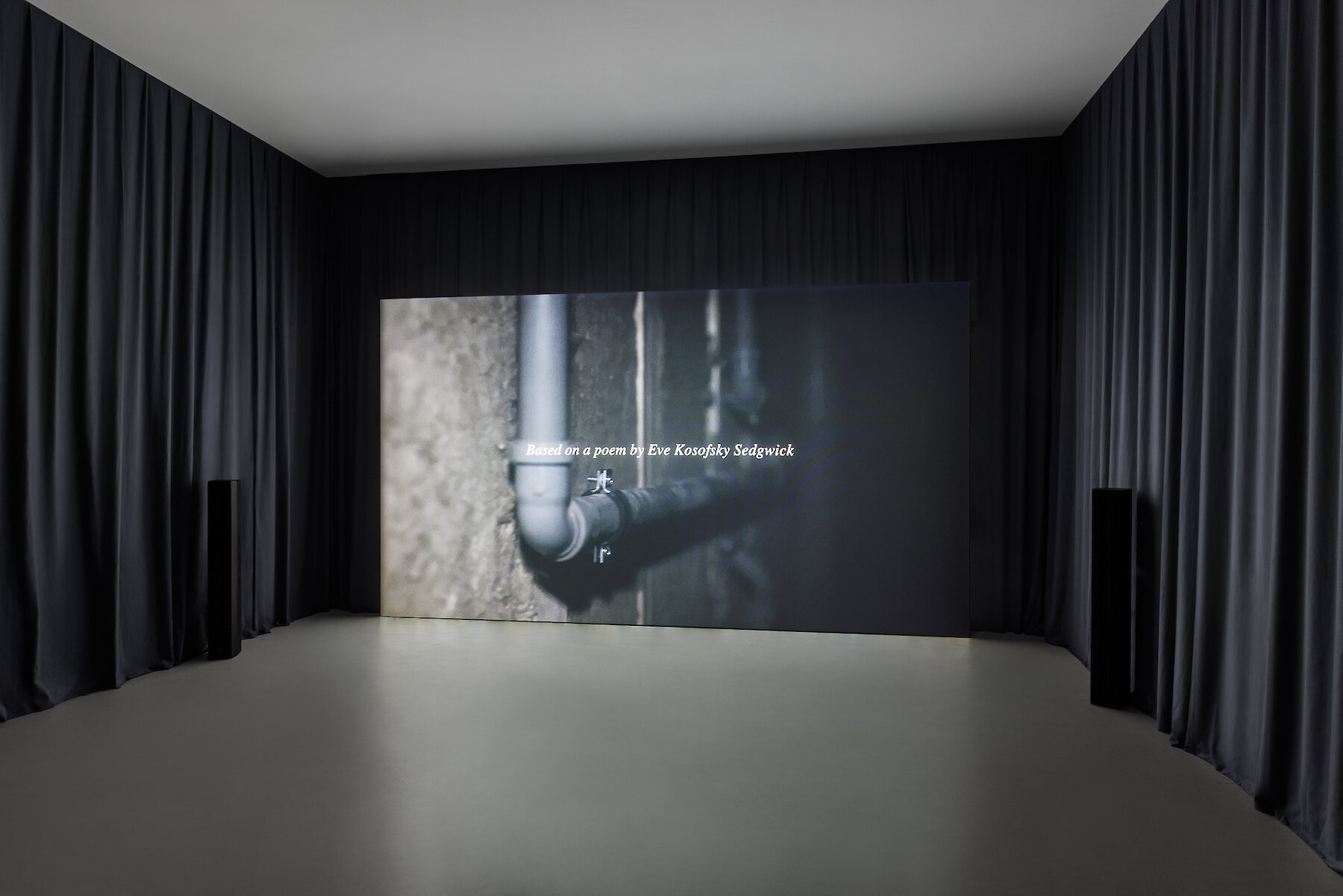
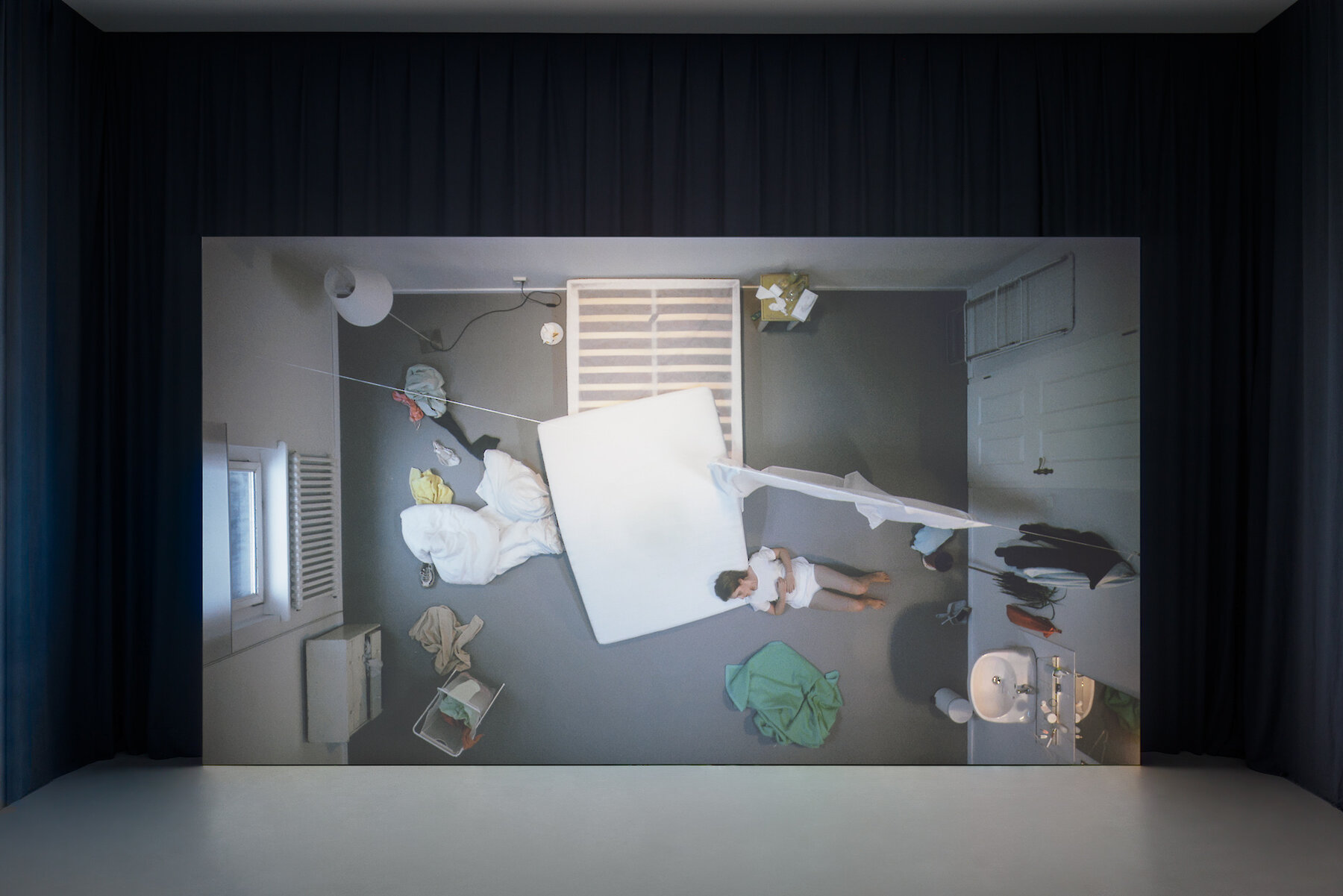
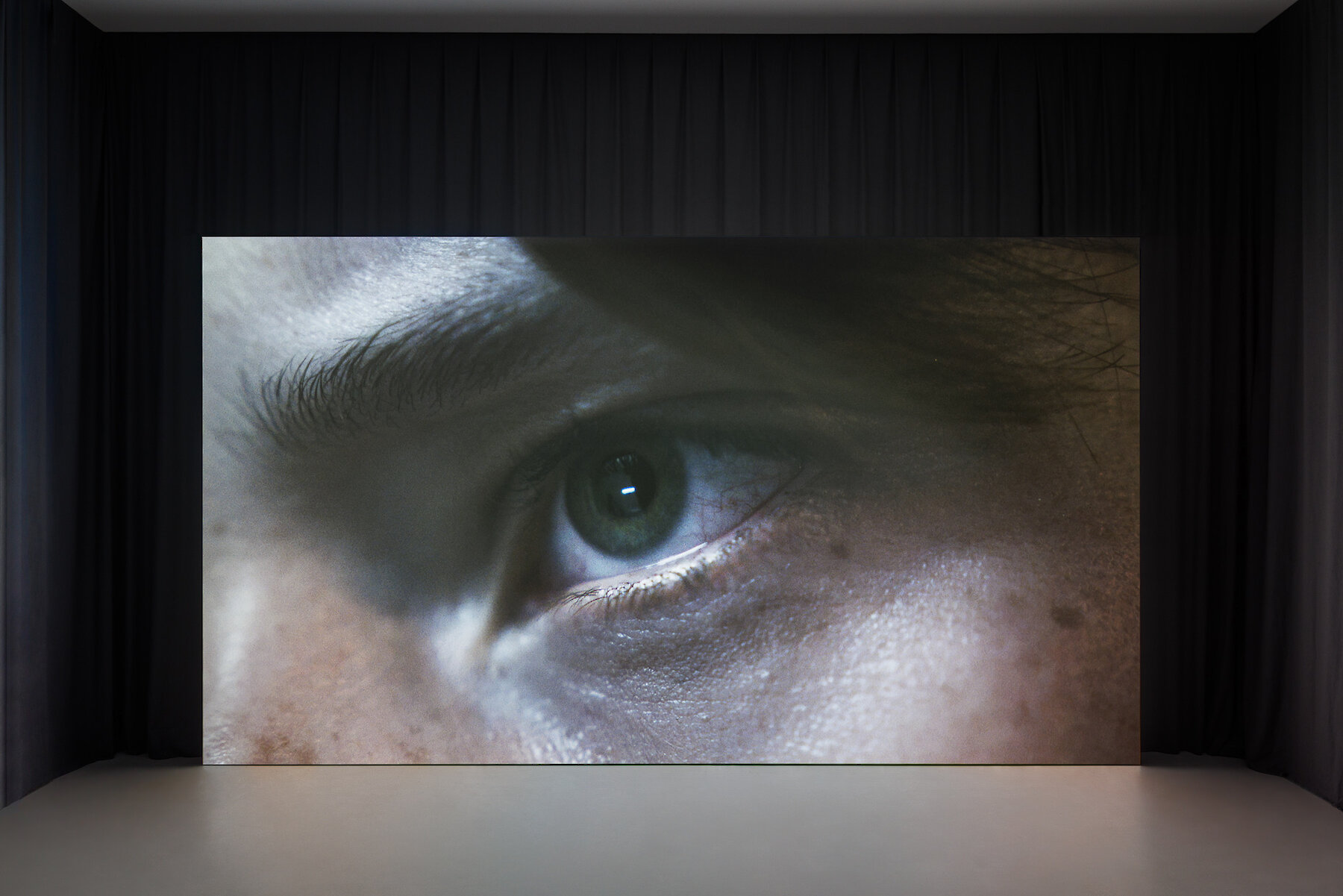
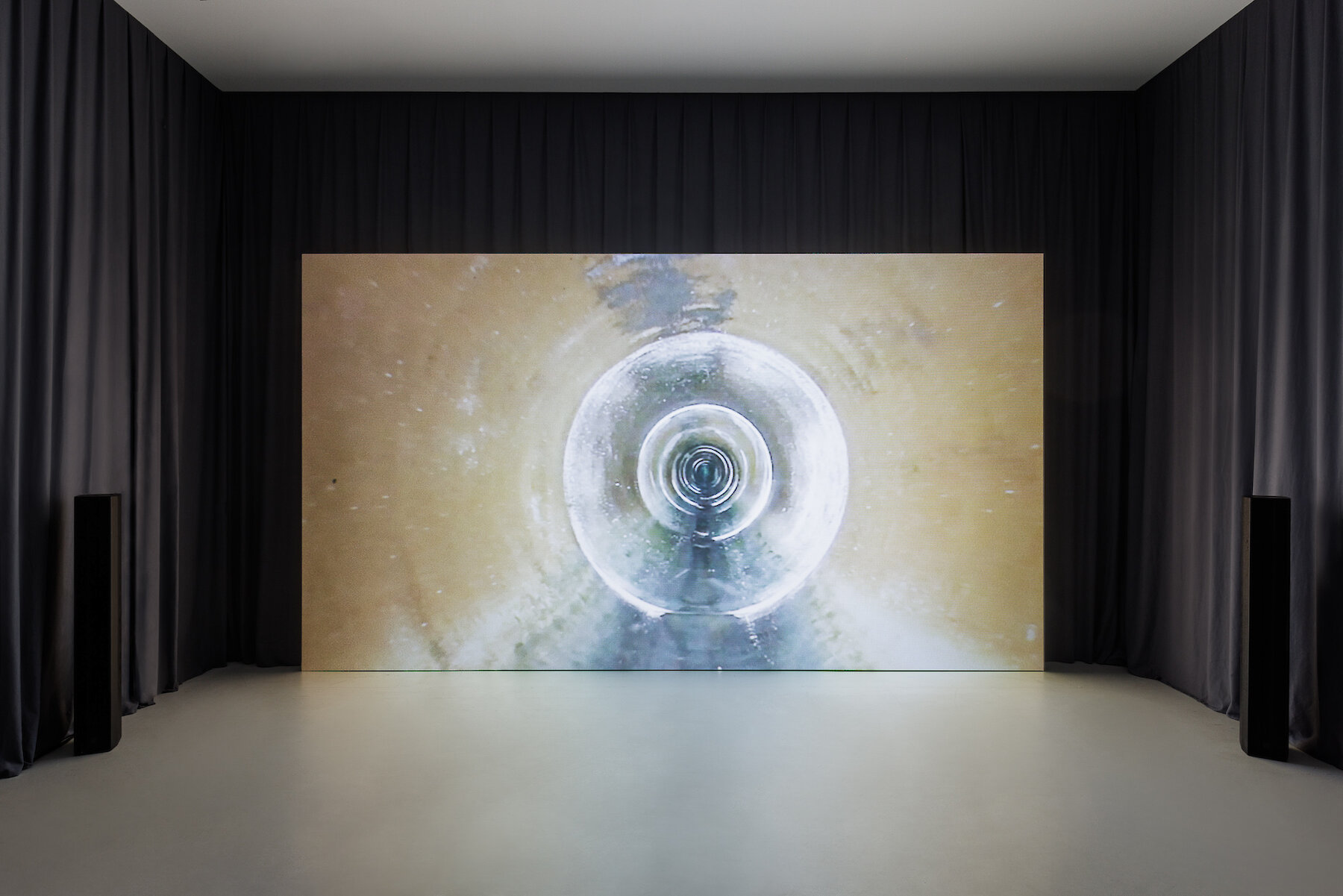
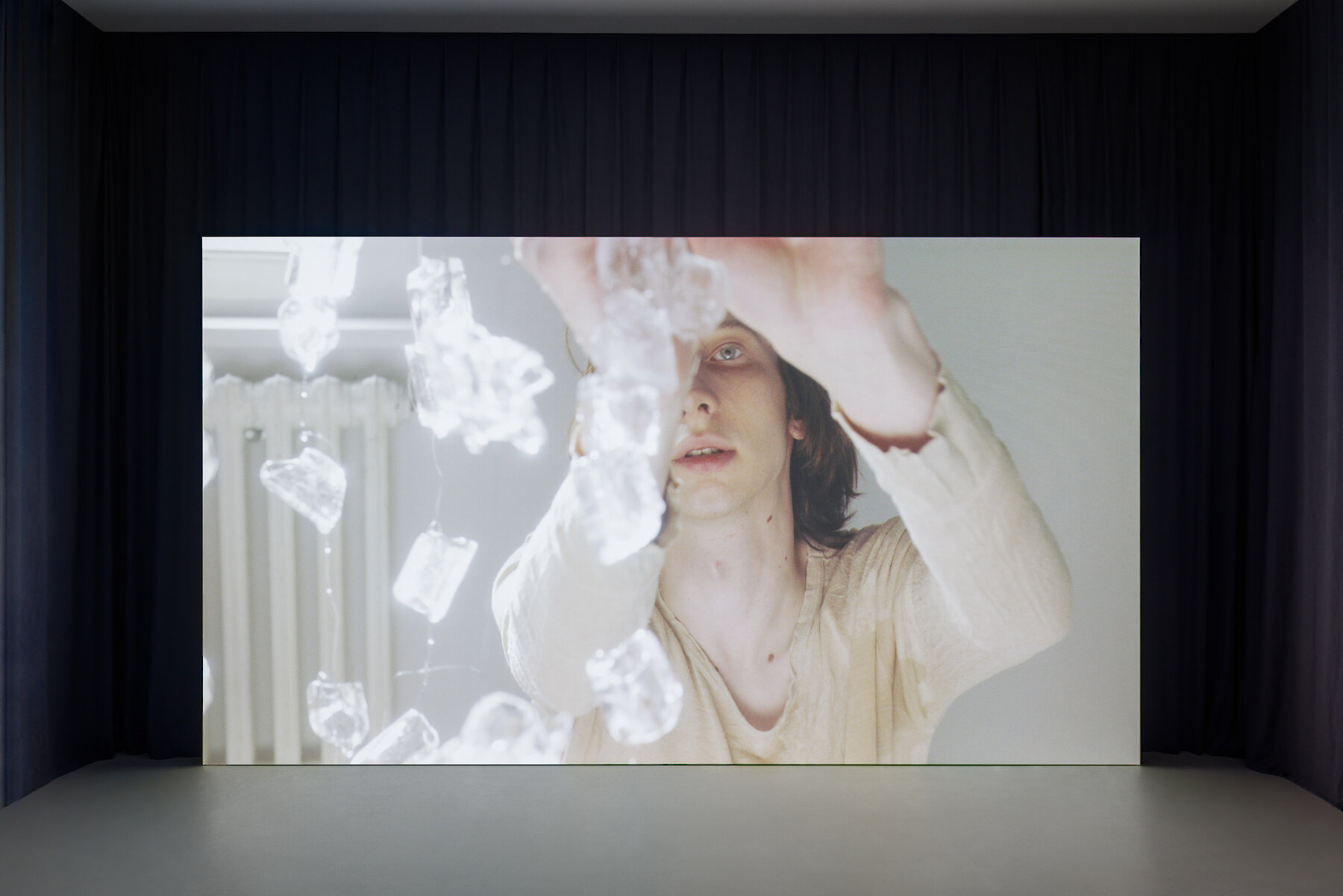
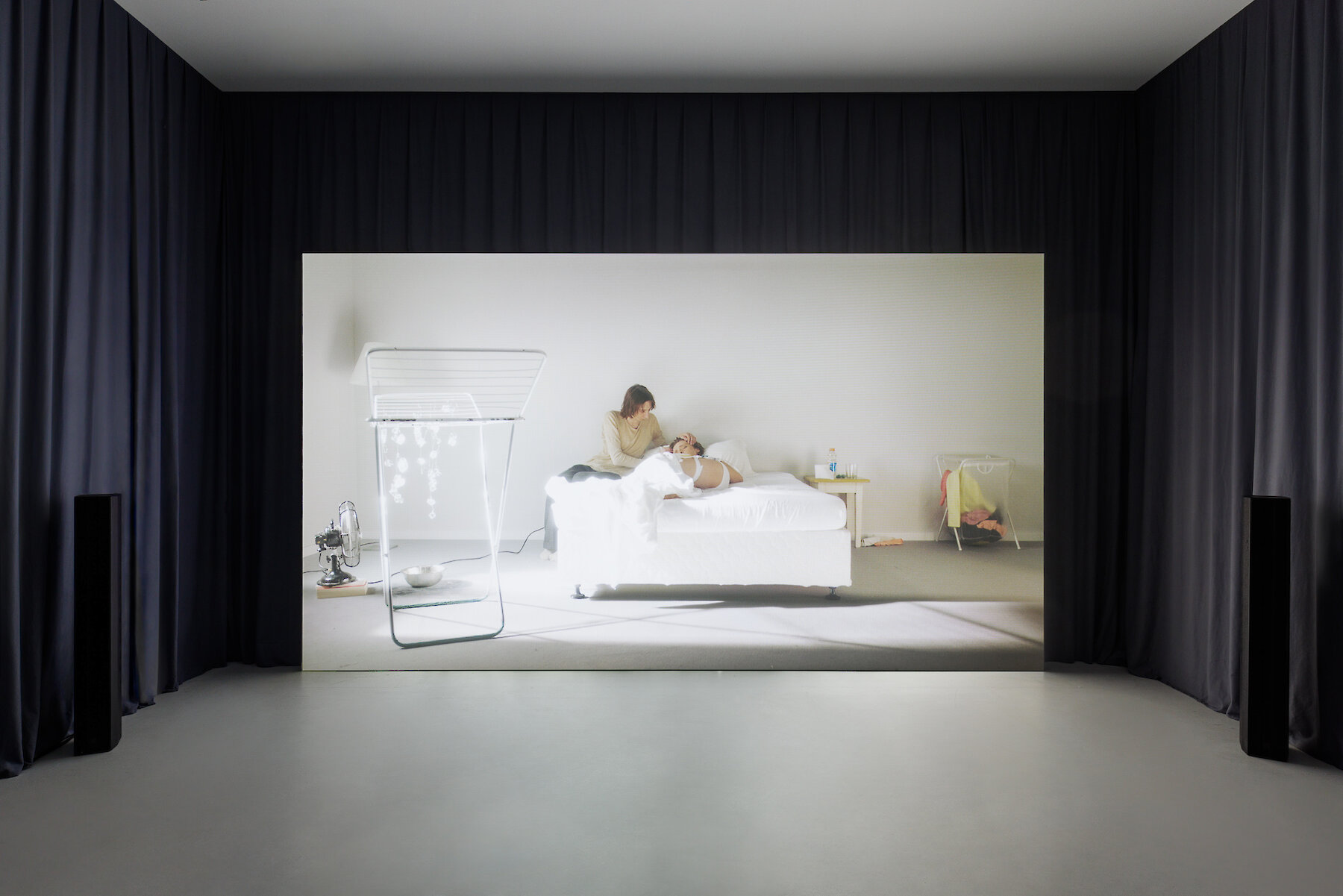
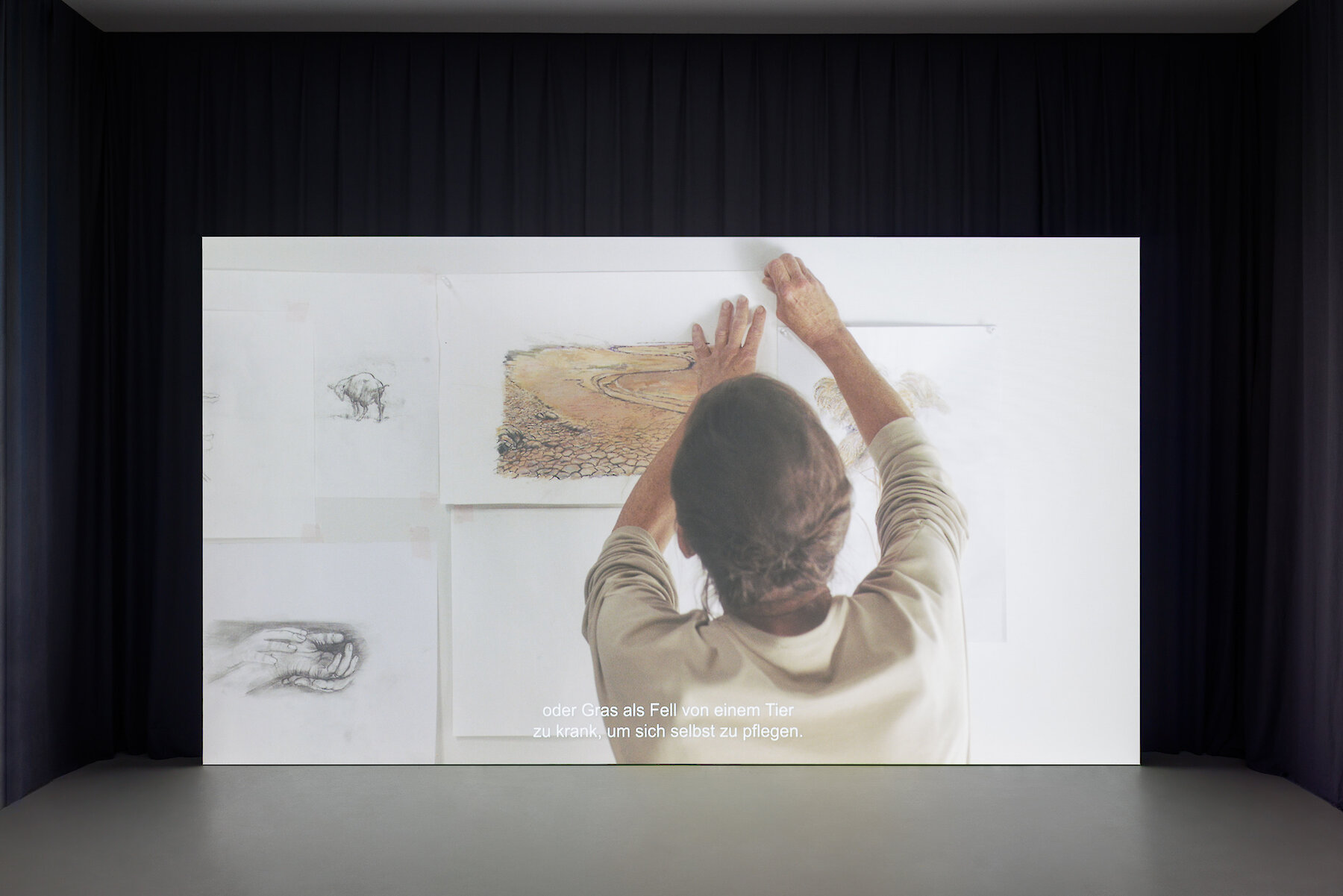
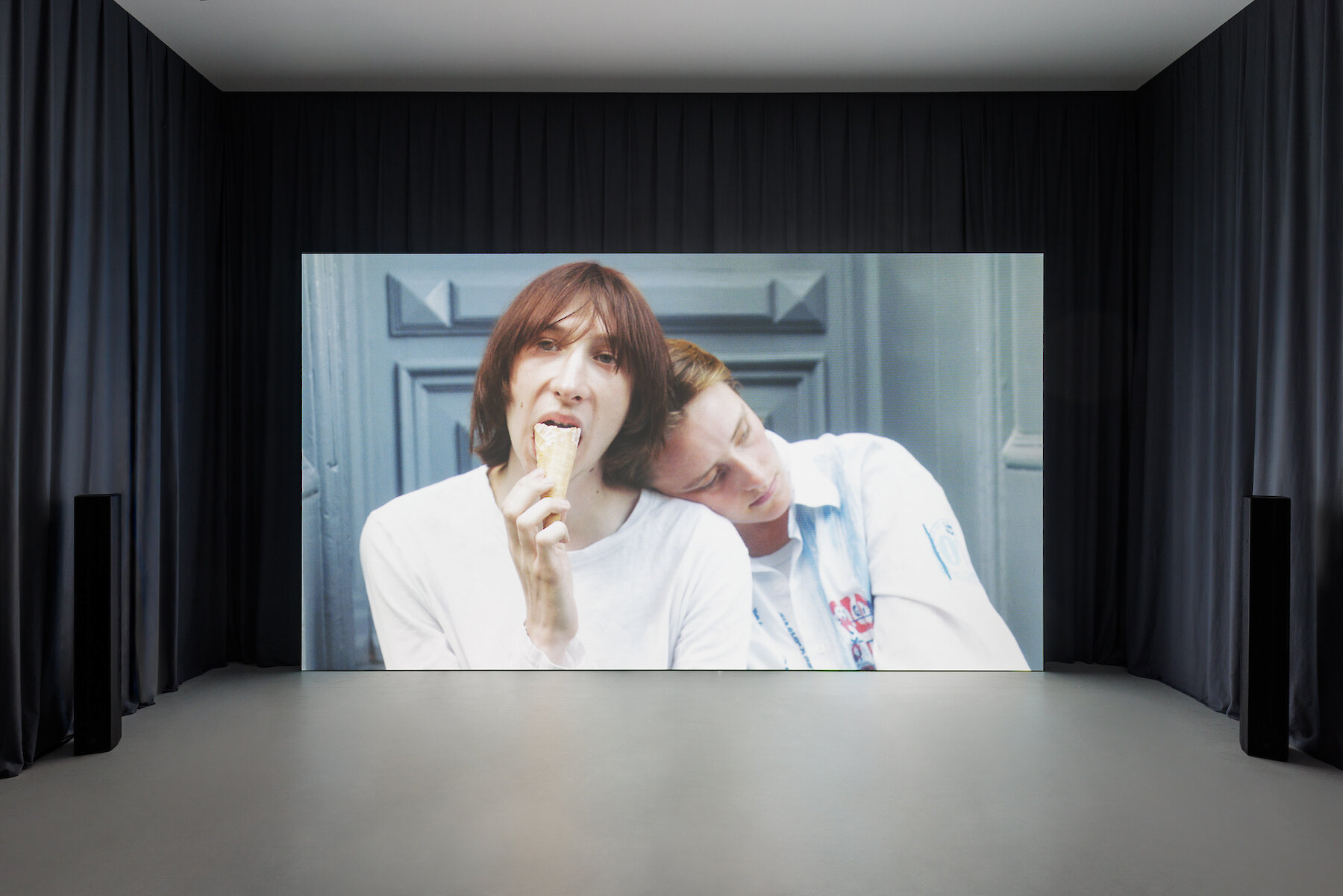
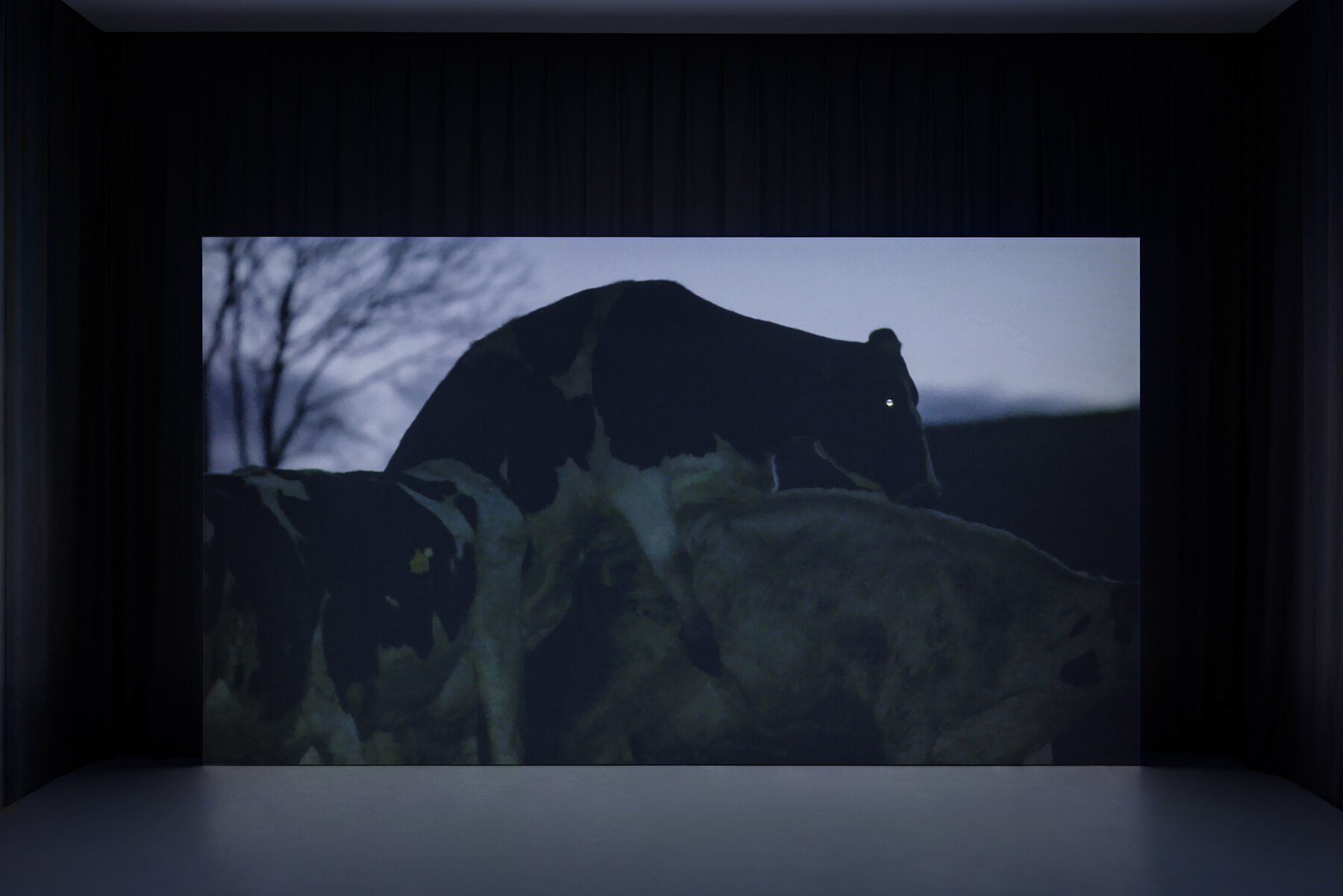
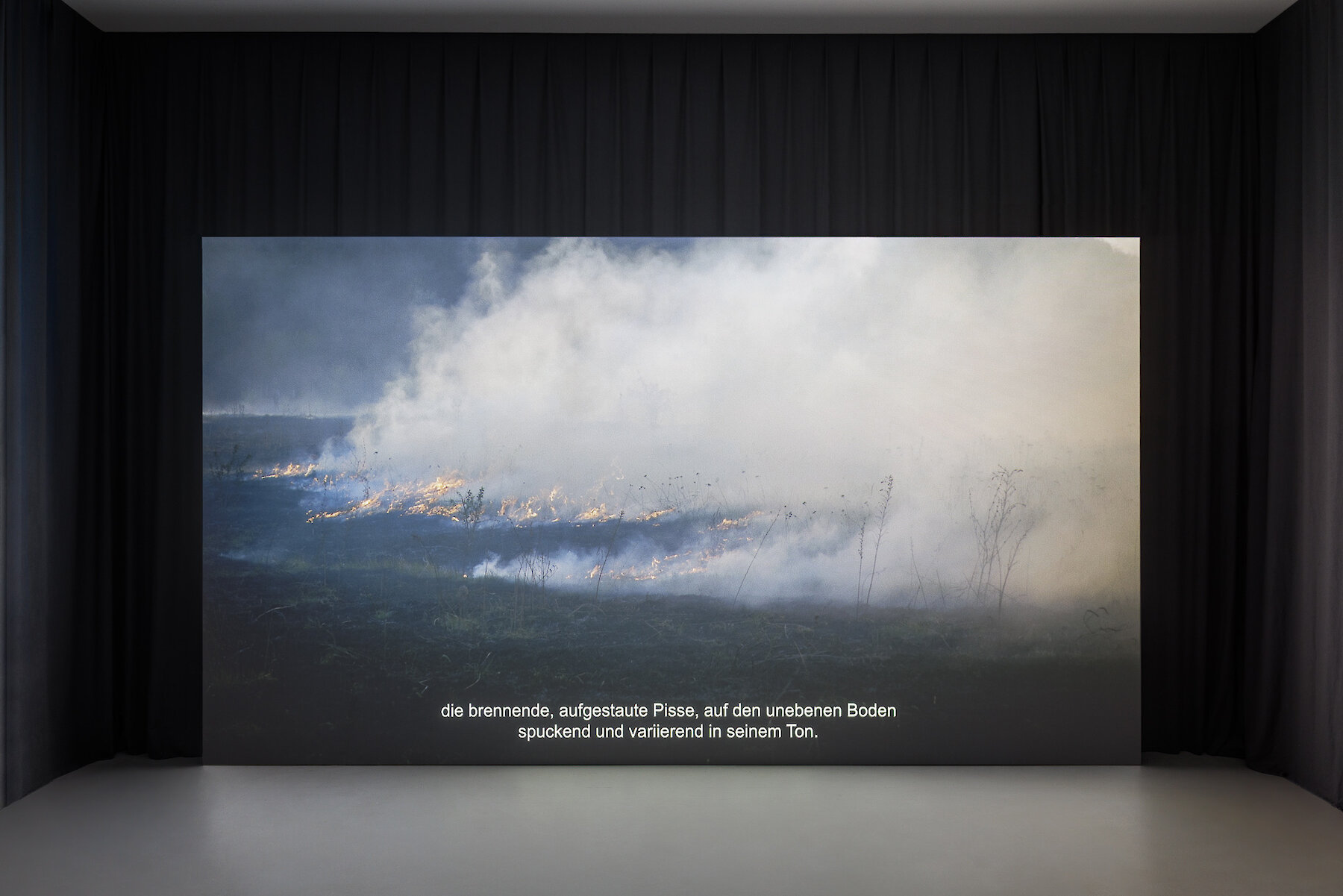
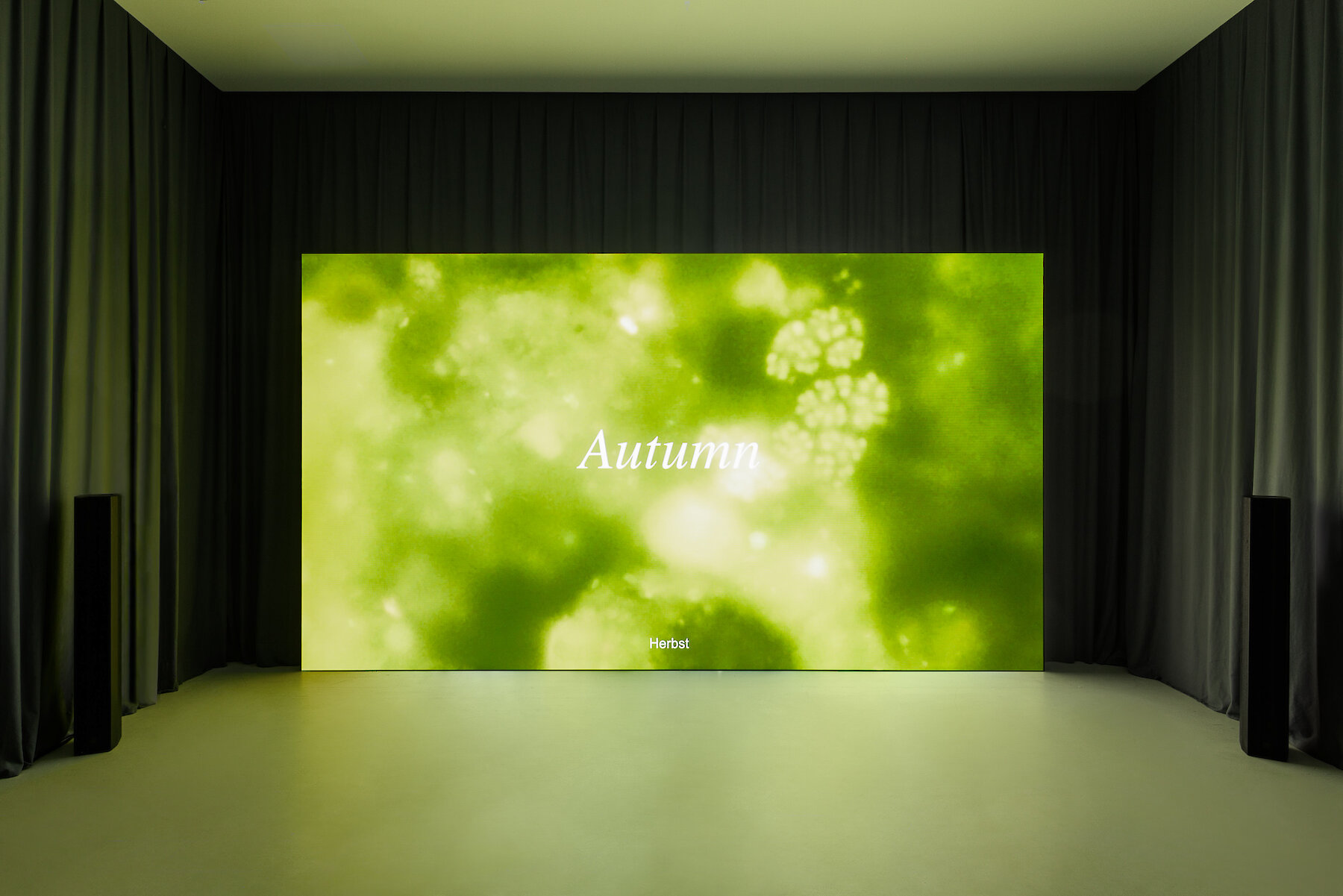
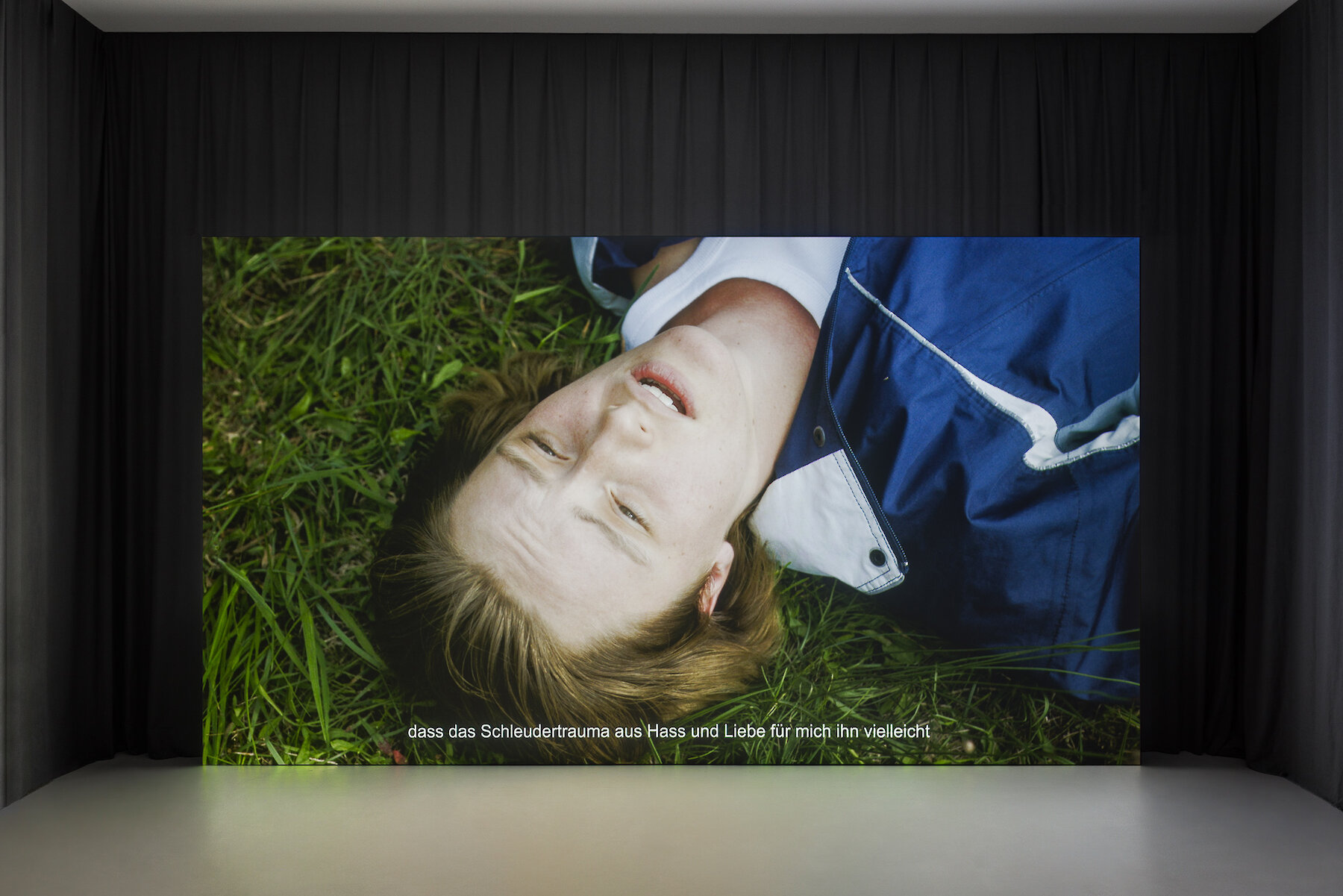
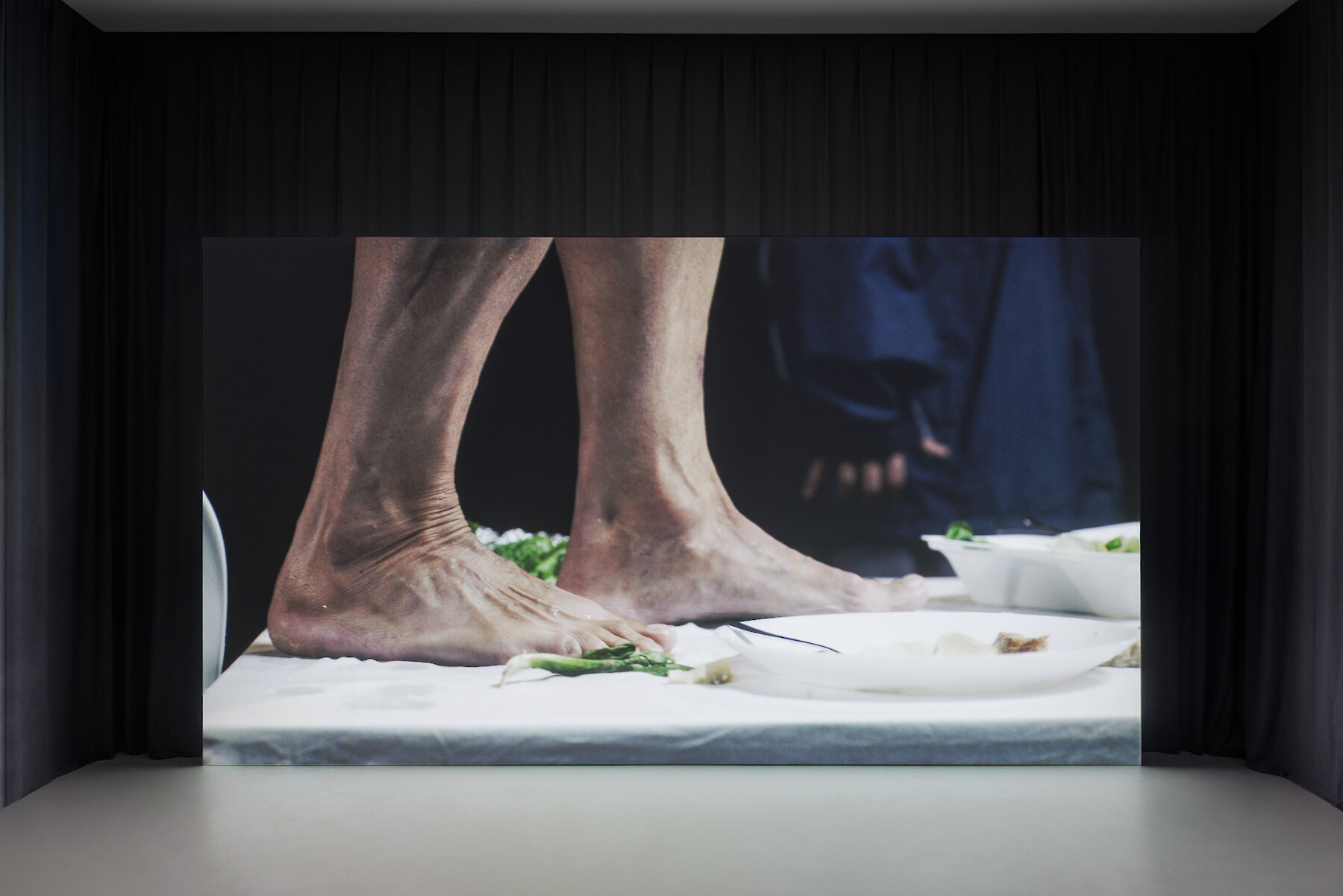
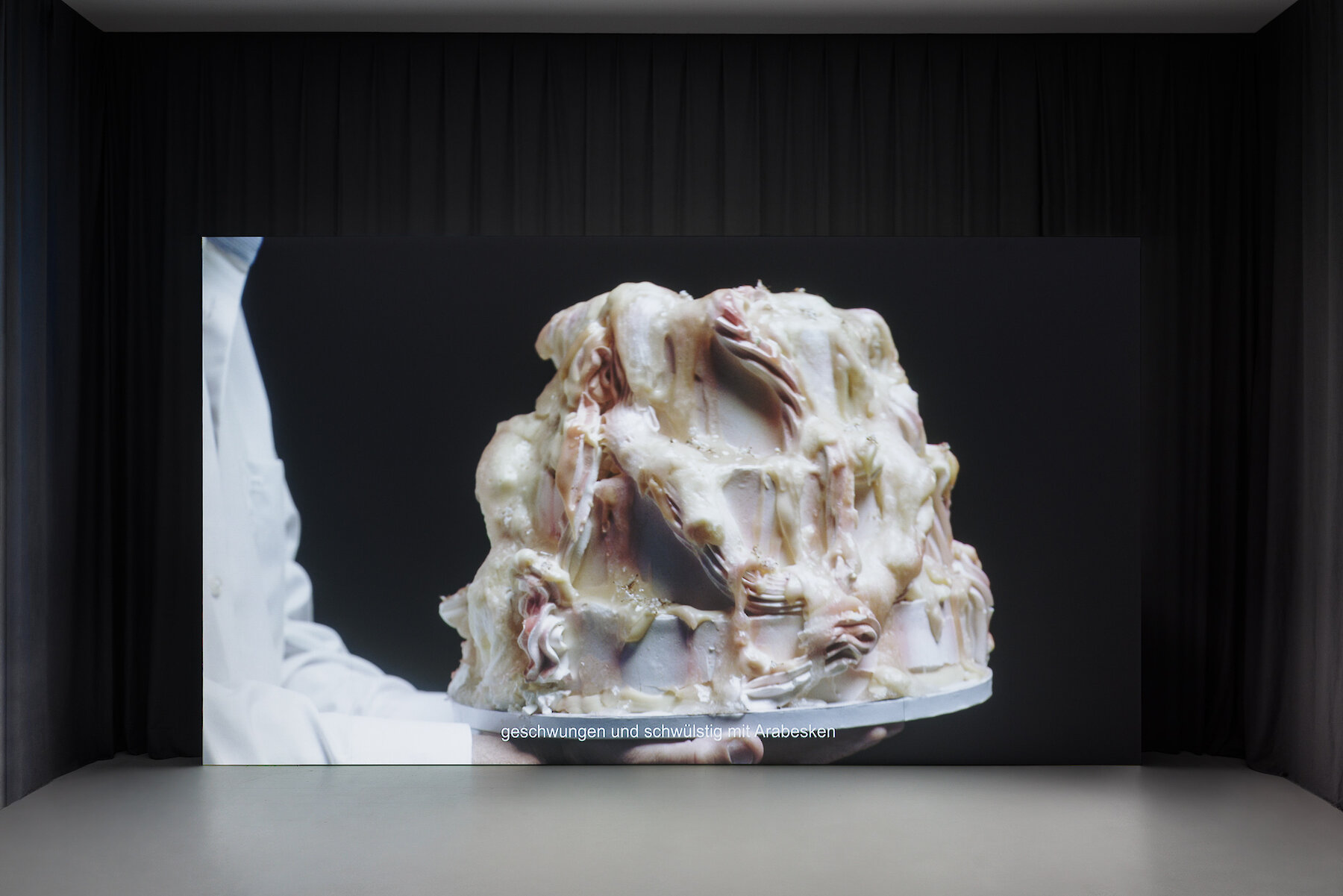
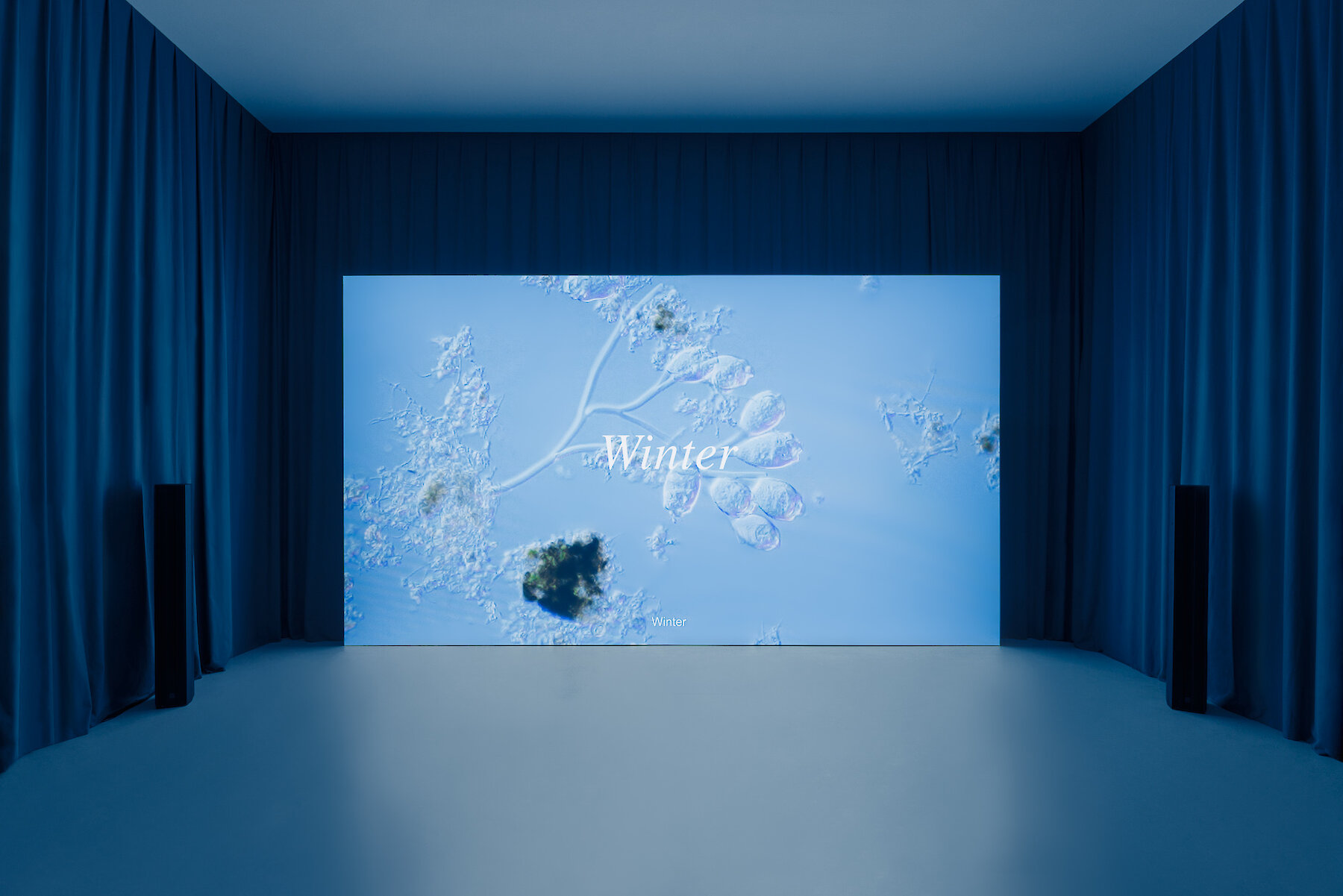
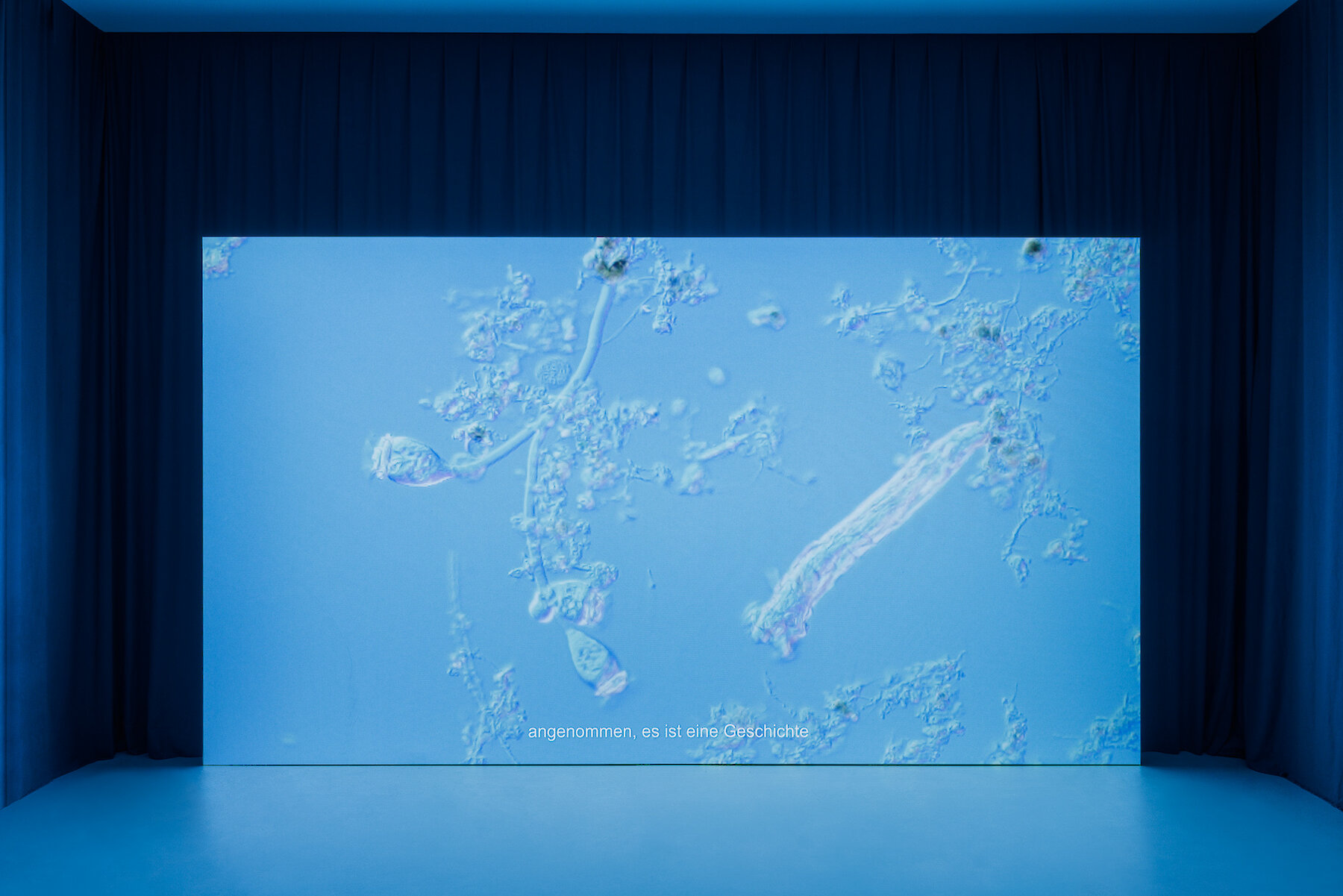
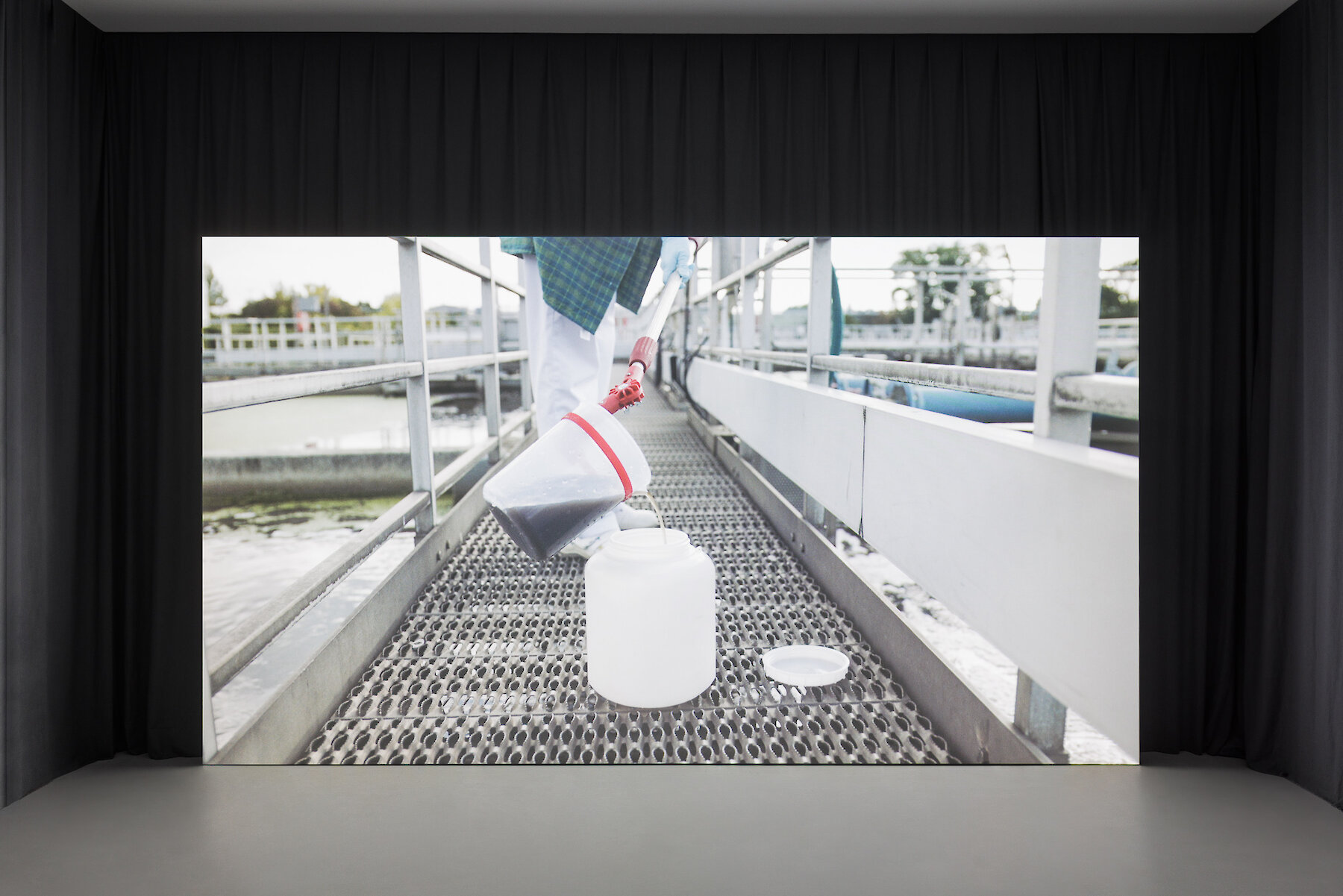
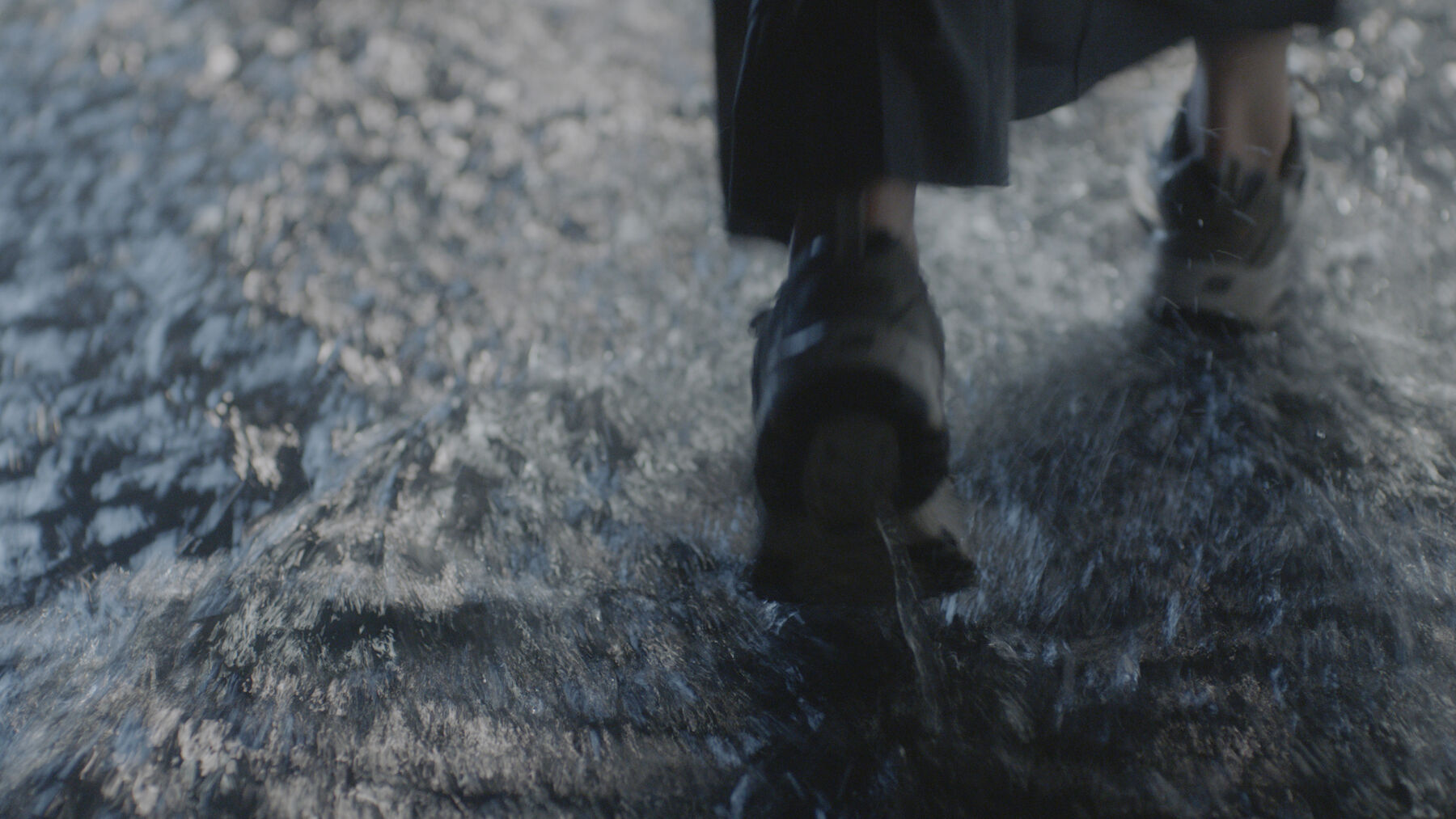
Lucy Beech, Warm Decembers, Film still, 2022